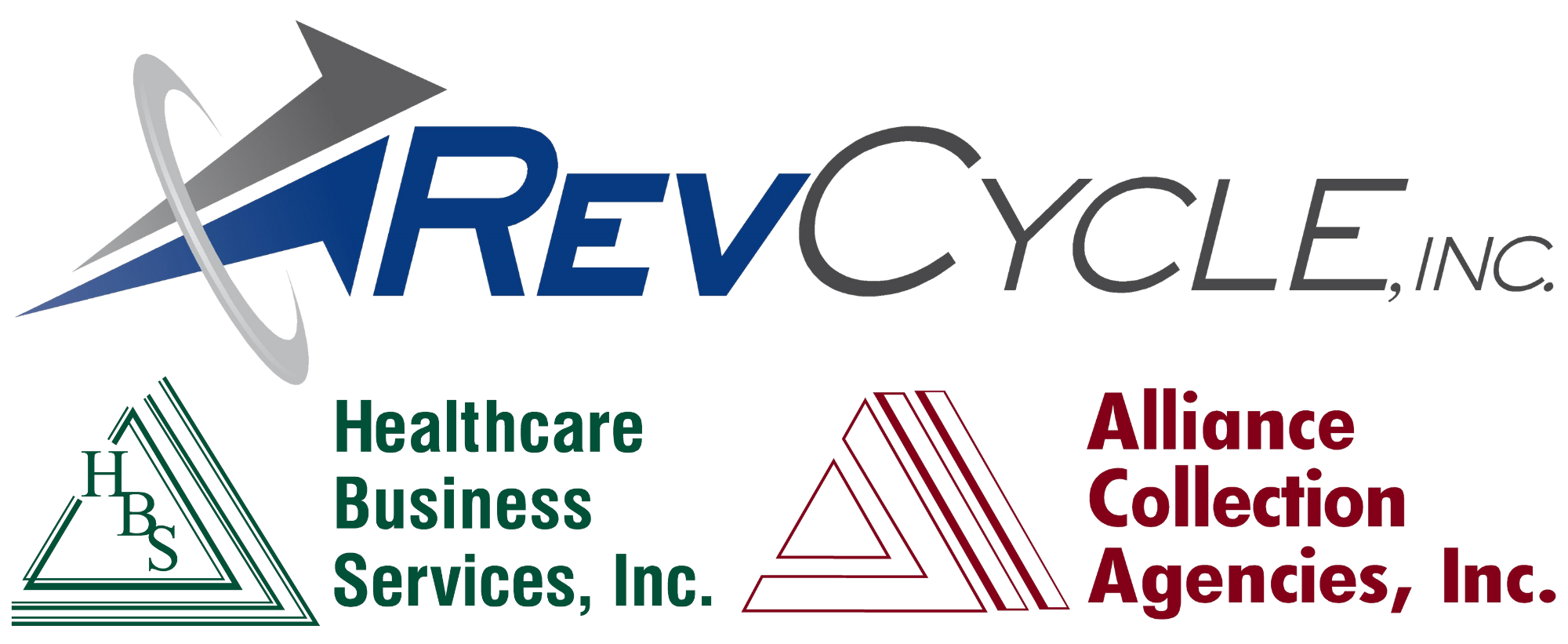The COVID 19 pandemic has exacerbated the effects of what was already a demanding industry to work, making staffing even more difficult. For example, 60 – 75% of clinicians report symptoms of exhaustion, depression, sleep disorders, and PTSD; while nurses are equally stressed, said Dr. Victor Dzau (President of the National Academy of Medicine). These are jarring figures on a human level. It is a virtual certainty that the negative effects from those traumas bleed through to the patient experience.
Almost 75% of practice leaders rank staffing as 2022’s biggest challenge.
Staffing Under the Microscope
Did you know that turnover rates for healthcare providers are double that of the national average for other industries? Burnout plays a huge role in that figure with the turnover creating a larger workload for the seasoned employees who remain. This article from HFMA is a fantastic read on the topic with some of the most striking figures below:
- $40,000 – the average cost of turnover for a bedside RN position
- 2 million – projected shortage of support staff by 2026
- 18.7% – 2020 RN turnover rate up from 15.9% in 2019
These are startling figures for an industry already dealing with shrinking margins and increased inflation-related costs. While preparing for this blog post, we came across this survey from Kaufman Hall that features some stark figures that hammer home the staffing challenges faced by the healthcare industry.
- 100% of survey respondents face issues with clinical staff including burnout, difficulty filling vacancies, wage inflation, & high turnover
- 92% are struggling to attract & retain support staff
- 75% have experienced adverse revenue cycle impacts during the pandemic
- 92% are seeing burnout & early retirements from clinical staff
The aforementioned article from HFMA cites projected shortfalls in clinical staff in the years to come. These positions are already proving difficult to fill. Revenue cycle positions take 84-207 days to fill with recruitment costs averaging from $2,167 for entry-level to $5,699 for senior-level.
Falling Financials Pummeling Hospitals on Dual Fronts
Beyond the staffing crisis we’ve outlined to this point, healthcare providers must also deal with margins reduced by any number of issues; including inflation, increased labor expenses and COVID funding drying up. For an industry with notoriously fickle finances to face these kinds of issues in multiple areas is nothing short of disaster.
Even before the pandemic, Black Book Surveys stated that hospital costs would need to be reduced by 22% this year to break even. While that percentage has likely been thrown into disarray with all the volatility since then, the point remains that cost cutting and revenue optimization remain as important to the industry as they have ever been.
This article provides a detailed breakdown of many of the struggling margins in the industry. It’s a good read if you’ve got the time. In addition, one of the most glaring figures was the median change in operating margin dropping 11.8% from January to February of this year. Where are providers supposed to find a modicum of relief?
RCM Outsourcing as a Solution
Outsourcing to a trusted RCM vendor reduces your HR Department’s workload in terms of striving to fill support staff positions. Beyond refining HR’s focus, it can also afford your staff the opportunity to focus more strongly on patient care and their overall experience. This can have a direct correlation to financial health according to research from Accenture. Hospitals that deliver a better patient experience achieve net margins that are 50% higher on average than the margins of hospitals whose patient experience is just “average.”
In this article from HFMA, California-based MarinHealth touches on their decision to outsource to increase efficiencies and manage costs with this direct quote: “We made significant progress through internal efforts to improve efficiency toward our revenue cycle and supply chain department performance goals, but we realized we needed more change at a faster pace,” said CEO David Klein, MD, MBA.
We’re Here to Help!
Our product suite offers healthcare-focused bad debt collections, as well as EBO services covering all aspects of patient communication from customer service to guarantor statements and patient responsibility collections including negotiating payment arrangements. All our services are Dignity Rated and delivered with a strong emphasis on customer service.
Call 888.576.5290 or just shoot us a message to arrange a free phone consultation around your schedule – we’re always happy to talk through any revenue cycle concerns

